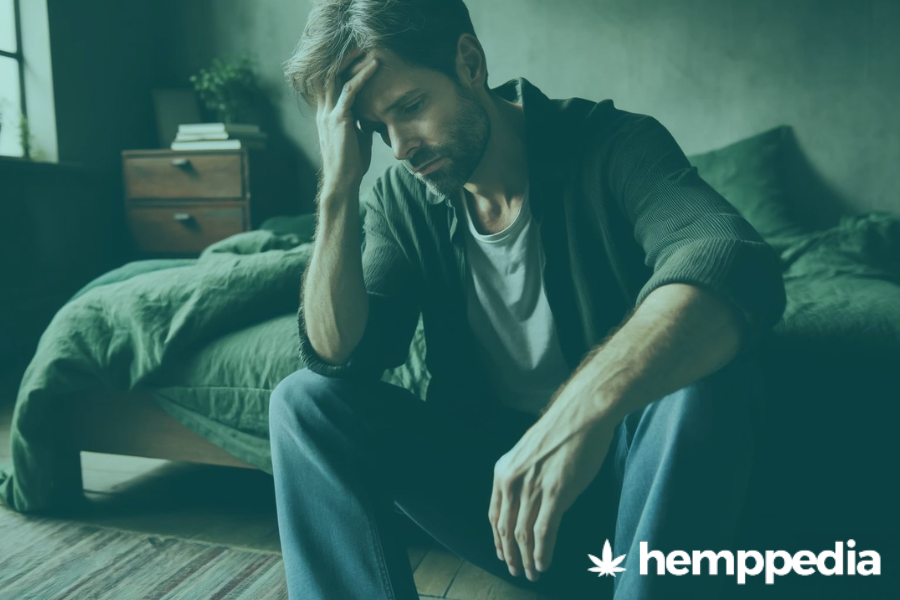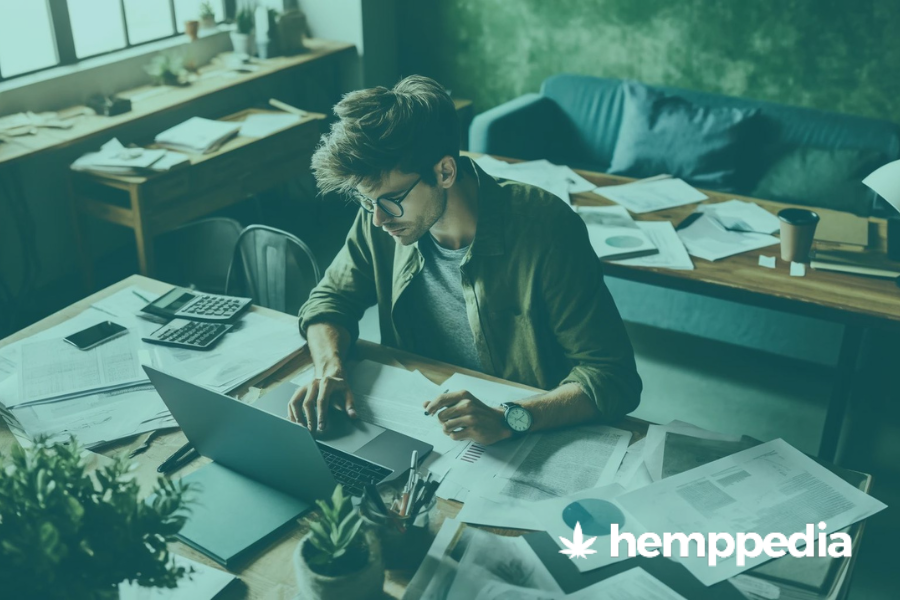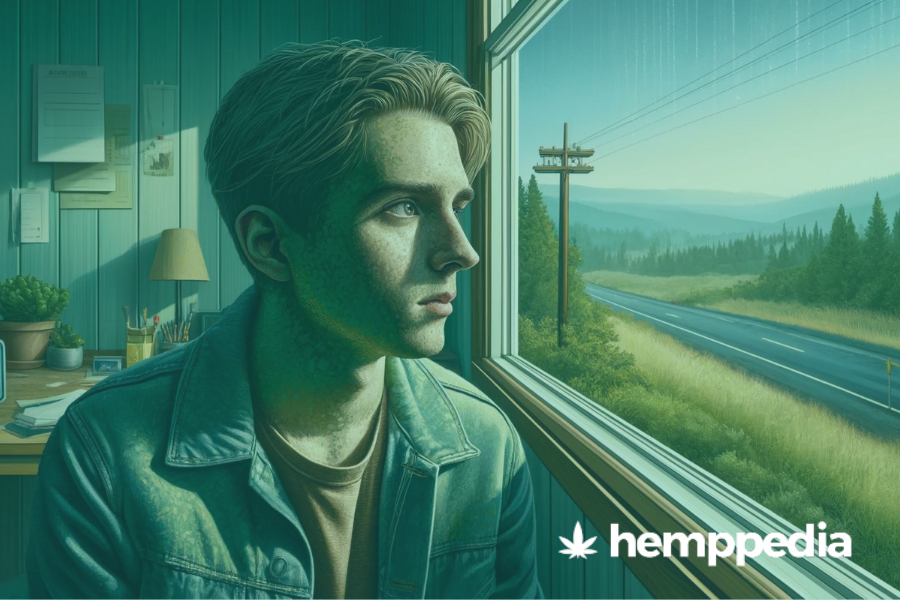How to Treat PTSD with CBD
Life is a roller coaster ride. There are many turns that bring good and bad moments. Difficult and traumatic events have an impact on all of us. Although there are numerous reasons why a person can develop PTSD, the most common events that cause PTSD are war, sexual assault, or being a victim of a violent crime.
PTSD at a Glance
PTSD is an anxiety condition that develops in a person who has gone through frightening and dreadful incidences in life. There is no doubt that people feel anxiety and stress while they are experiencing a traumatic situation. This continues even after the event is over. It is a natural phenomenon and these stimulations try to act as defensive tools for the body. When a traumatic situation takes place, it’s rare that an individual gets over it and comes back to normal. However, in most cases, people tend to bear after-effects of trauma. For those who experience symptoms of PTSD, it’s more intense. They feel stressful and nerve-racking emotions even if they are out of danger”
Why Use CBD to Treat PTSD?
The impact of using CBD for PTSD is spreading so much that it is about to be utilized in rehab centers around the world1. The same has been called for a study in the Drug Enforcement Agency (DEA) in the US.
Benefits of using CBD for PTSD
CBD can be effective in treating PTSD because of the way it influences 5HT1A receptors, thus enducing an anti-anxiety effect2. Anxiety, depression, and stress are directly targeted by using cannabidiol according to a study in The Permanente Journal3. The study goes into detail explaining that conventinal tharmaceutical medications are long-lasting, and present major side effects, when compared to CBD.
CBD Dosage for PTSD
While the symptoms of PTSD may be similar in many patients, their severity can vary. Therefore the dose of CBD should be determined individually for each person. We recommend to our readers and customers to follow the Step-Up method, described in the book CBD: A Patient’s Guide to Medicinal Cannabis by Leinow and Birnbaum4. For PTSD, Birnbaum and Leinow recommend a micro dosage, which can be increased to standard dosage.
To find out more about the different types of dosage and how to correctly dose your CBD according to your condition, please read our post about CBD oil dosing.
Side effects of using CBD to treat PTSD
While CBD is considered safe by the World Health Organization5 some people can experience some side effects such as nausea, diarrhea, drowsiness and a dry mouth. While these side-effects are rare, it is important to be informed. To learn more, read our dedicated guide on CBD oil side-effects.
How to use CBD to Treat PTSD
There are several ways to use CBD, as it is offered in different forms such as oil, tablets to vapes and even edibles. CBD oil has been shown as being a preferred option for many people, as it proves very effective. Nonetheless, it is best to choose the form that you feel most comfortable using.
What Does Research Say About Using CBD To Treat PTSD?
According to a study by Washington State University, smoking strains high in CBD have the potential to reduce stress and anxiety6. As per a study in The Primary Care Companion For CNS Disorders , CBD is safe to use and more research needs to be executed to use CBD as a regular cure for PTSD7.
However, tiredness, diarrhea, and changes in appetite/weight have been acknowledged as the most common side effects of this particular product. To be fully informed of the side-effects of CBD, read our full guide here.
Studies have speculated that some medications used to treat trauma may have negative side effects and may lead to addiction. This, however, is not the case when using CBD.
References
- NYU Langone News. (2019). Two Grants Fund Research on New Treatments for PTSD & Alcoholism. [online] Available at: https://nyulangone.org/news/two-grants-fund-research-new-treatments-ptsd-alcoholism [↩]
- Campos, A., Ferreira, F. and Guimarães, F. (2012). Cannabidiol blocks long-lasting behavioral consequences of predator threat stress: Possible involvement of 5HT1A receptors. Journal of Psychiatric Research, 46(11), pp.1501-1510. [↩]
- Shannon, S. (2016). Effectiveness of Cannabidiol Oil for Pediatric Anxiety and Insomnia as Part of Posttraumatic Stress Disorder: A Case Report. The Permanente Journal. [↩]
- Leinow,, L. and Birnbaum, J. (2017). CBD: A Patient’s Guide to Medicinal Cannabis. North Atlantic Books. [↩]
- Expert Committee on Drug Dependence (2018). CANNABIDIOL (CBD). [online] World Health Organization. Available at: https://www.who.int/medicines/access/controlled-substances/CannabidiolCriticalReview.pdf [↩]
- Cuttler, C., Spradlin, A. and McLaughlin, R. (2018). A naturalistic examination of the perceived effects of cannabis on negative affect. Journal of Affective Disorders, 235, pp.198-205. [↩]
- Yarnell, S. (2015). The Use of Medicinal Marijuana for Posttraumatic Stress Disorder. The Primary Care Companion For CNS Disorders. [↩]





